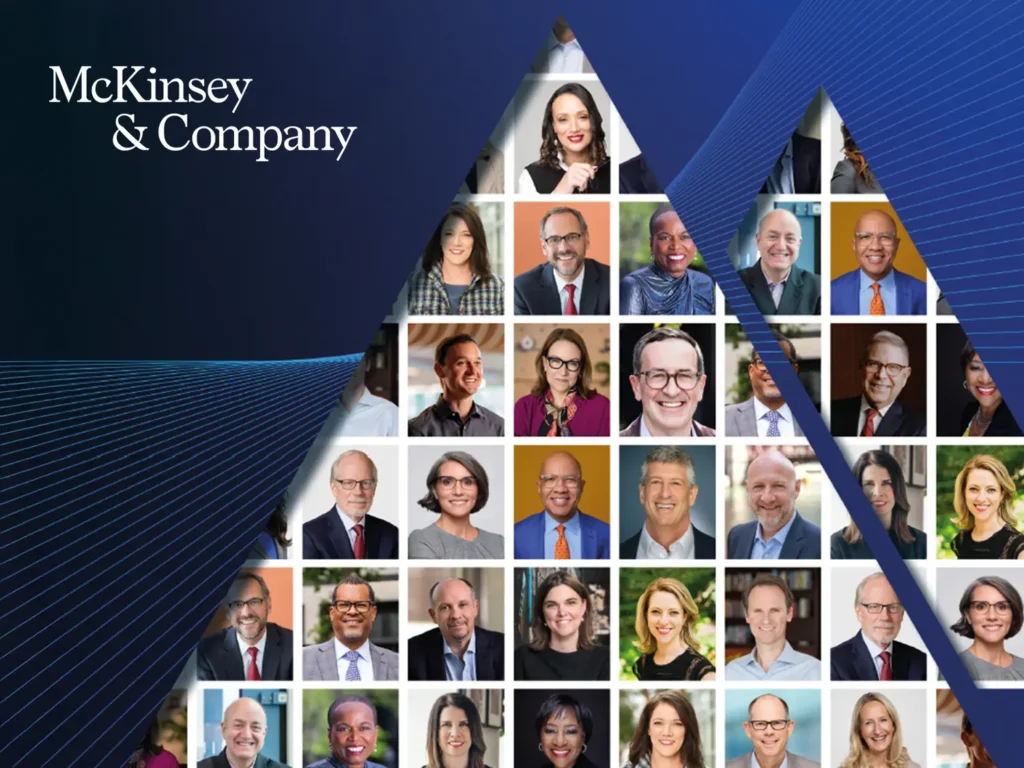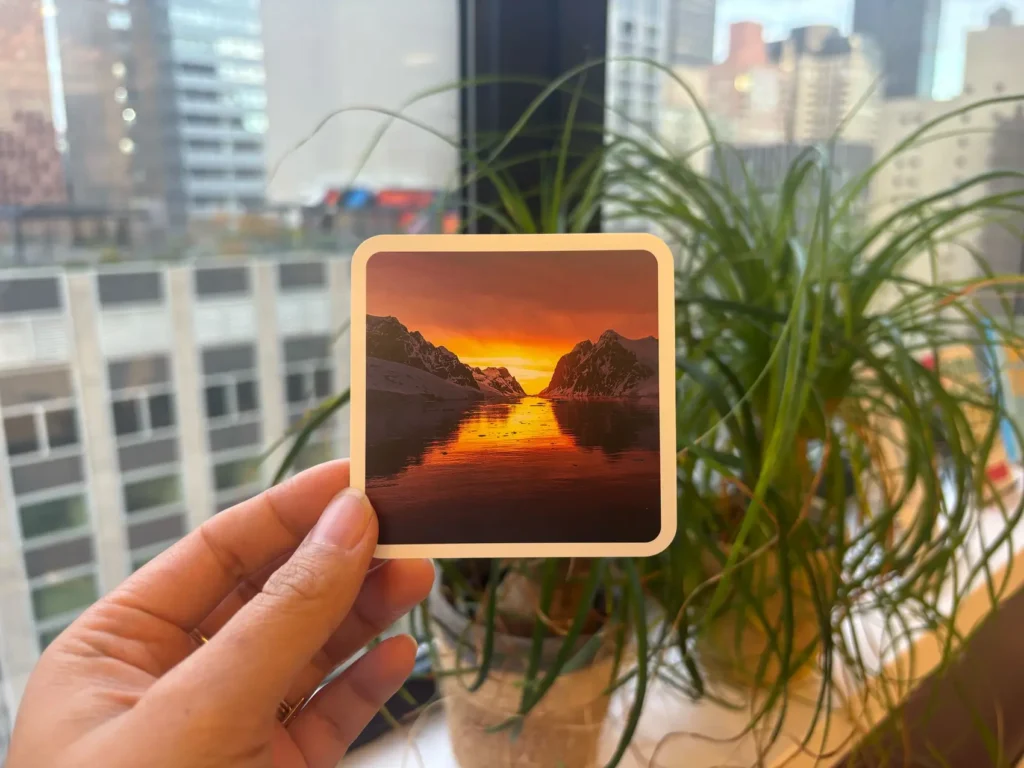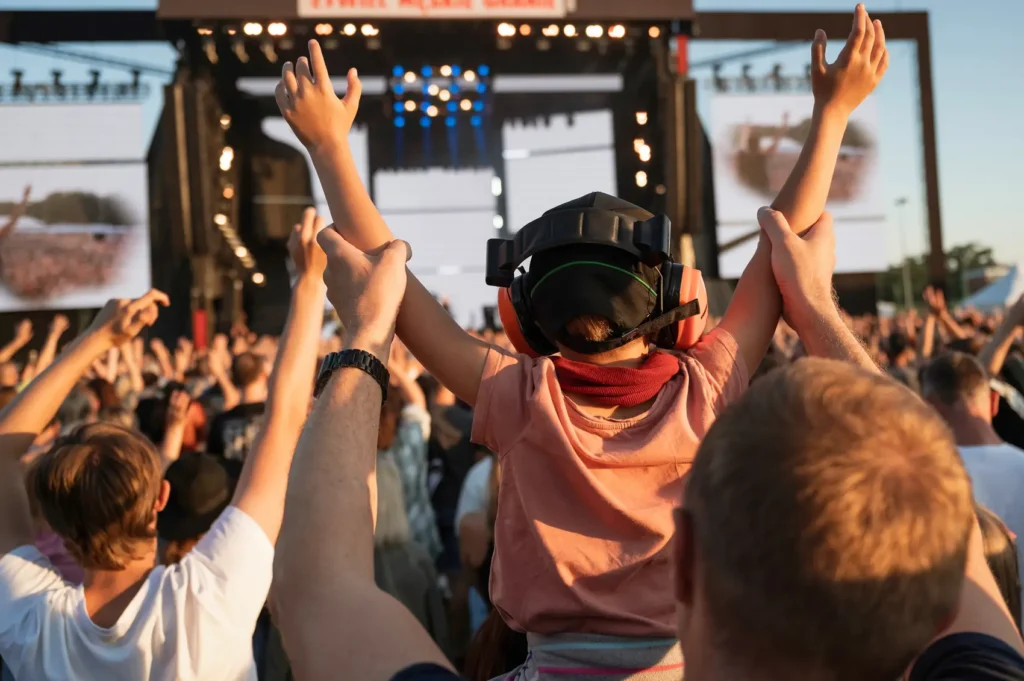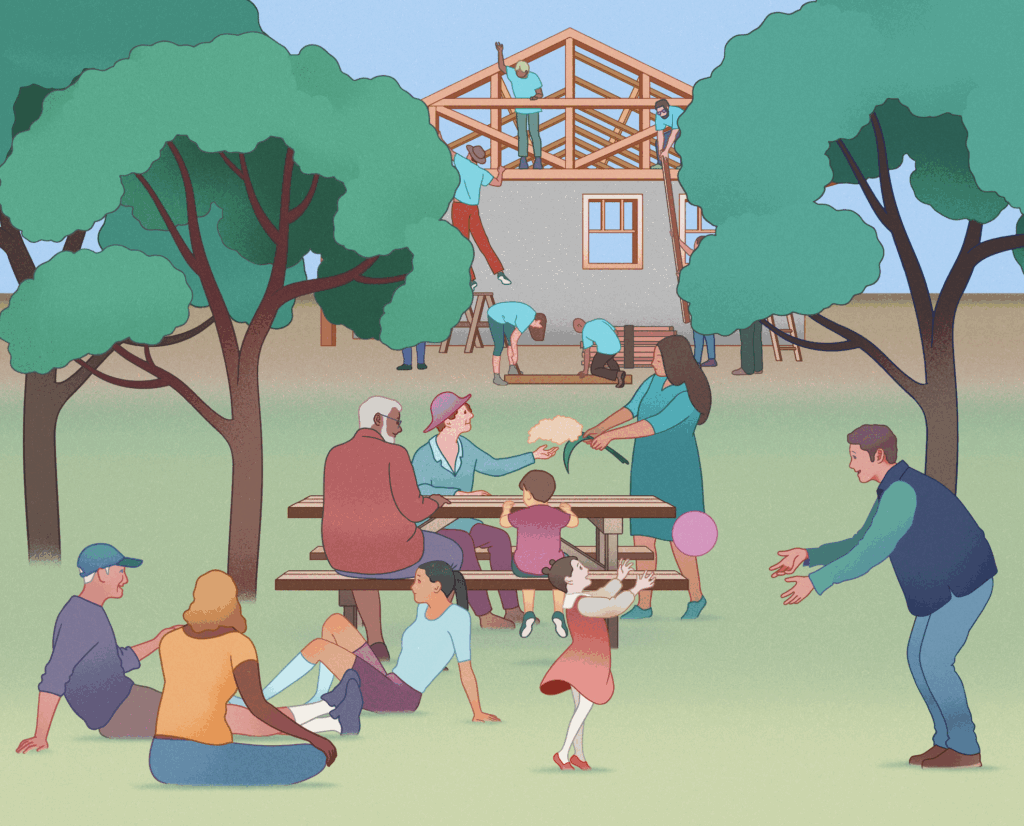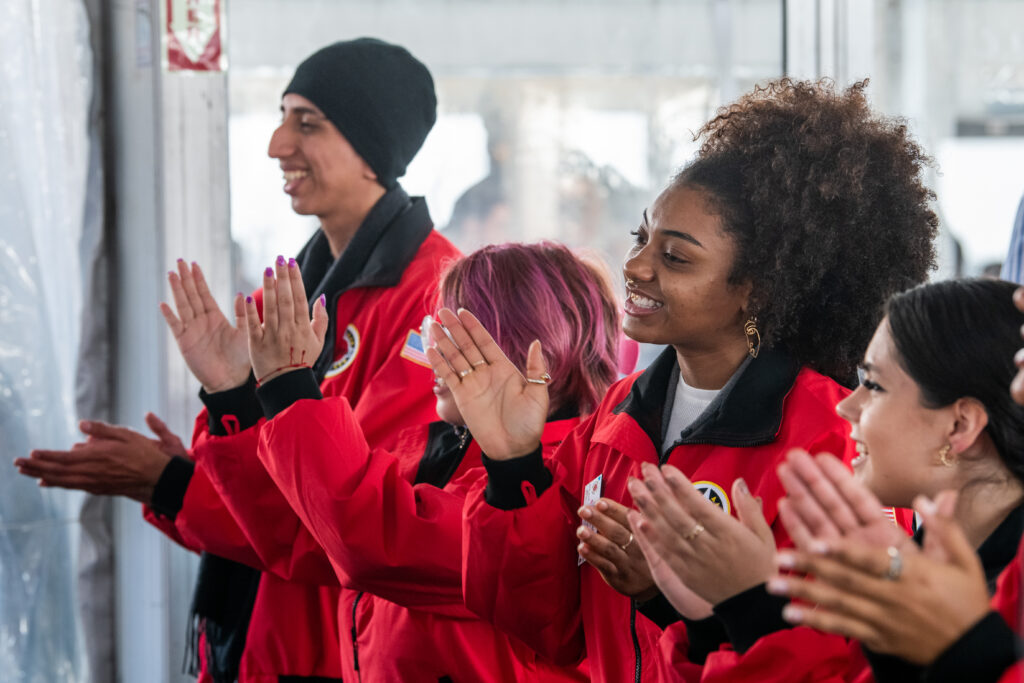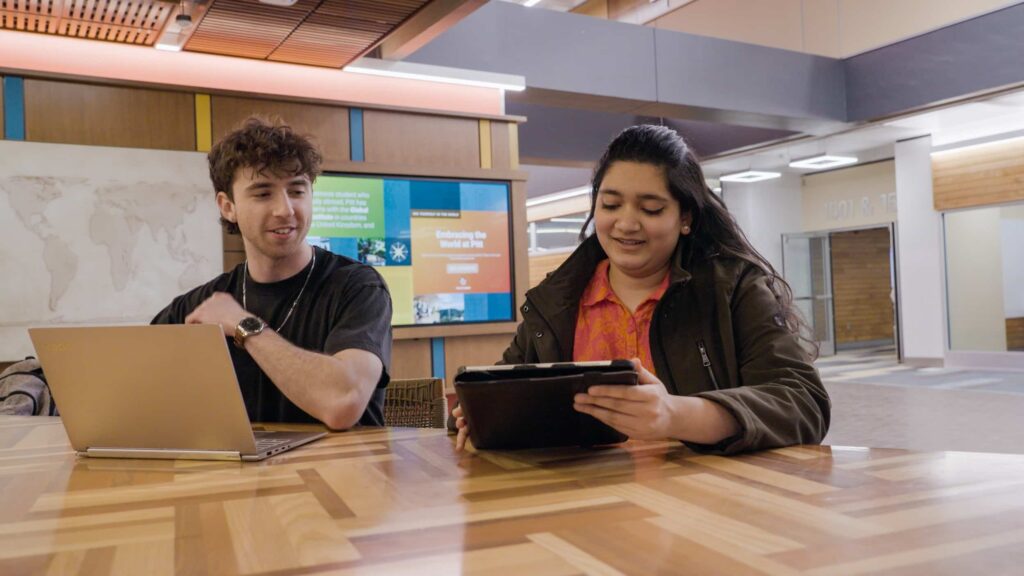One of the first calls I made before announcing our Belonging Strategy in March last year was to a friend and former colleague who worked with me at the NYC Mayor’s Office.
“Hey, can I get your advice on something?” I said hemming and hawing. “I’m working on this thing called bridging divides…. It brings together people who have different worldviews or are in opposing groups to have conversations or work on a shared project. That way, they can begin to understand one another, and hopefully, over time, transform their conflict into something positive in their community.”
I paused, waiting to hear her reaction before sharing my reason for calling.
“But I’m afraid,” I said finally, “that my friends and the people I have worked with would view this work as betraying the progress they have made, and it hurts to think I could lose friendships or be viewed as an outsider.”
“What should I do about this dread?” I asked.
If you are wondering why I was fearful at the time, it’s helpful to know that there have been strong criticisms of this body of work, which goes by many names: bridging divides, pluralism, engagement across differences, constructive dialogue, productive communication, collaborative problem-solving, among others.

Some believe that bridging divides requires leaving their identities and dignity at the door and having to face someone who does not see their full humanity. Some view compromises and common ground as diluting their beliefs, values, and purposes, just to meet in the mushy middle where no one wins. Some fear physical violence, threats, and attacks if they were to be in contact with “the other side.”
I know this mentality well because it used to be my belief. And truthfully, I still have these reactions when I’m in a particularly contentious disagreement or confronted with ideas that provoke a sense of threat to my well-being and that of the people I love.
Re-learning and Un-learning
Even with the strong impulses to flight, freeze, and fawn in moments of high conflict, I still trust that we need to turn towards one another, seek to understand perspectives contrary to our own, and recognize how human it is for our species — all 8.2 billion people on this planet — to have completely different lived experiences and perceptions of our world. How little progress could be made in our society if we all share the same convictions, opinions, and beliefs.
Deep in my bones, I also believe that these conversations and relationships across differences are what’s required of us to live, work, and thrive in a multicultural, multifaith society – where it’s both an obligation and a benefit to engage with the differences we like and the differences we dislike.
“Whoever is underrepresented in your life will be overrepresented in your imagination,” Mónica Guzmán, author of I Never Thought of It That Way, often reminds me, and I’m actively working to close this gap.
Since I took on this role in 2022, it has become easier and more fulfilling to have difficult conversations and work on big projects with unlikely partners. I now seek out opportunities to engage with people who voted for the other candidate, or those who want to limit or remove access to abortion even though I have spent the first half of my career working to protect reproductive rights, or those who want to stop the flow of immigrants even though my family migrated to the U.S. when I was a kid. Instead of continuing to ignore the differences that keep our conversations to weather patterns and TV shows, I’m more comfortable walking toward the heat with family members, friends, neighbors, and colleagues.
What’s responsible for this shift?
First, it was the permission slip given to me by my friend during that phone call. In response to my fear of being ostracized, she replied, “You are probably a few years ahead of where people want to go. But keep going.”
Then, it’s the permission structure within our Einhorn Collaborative team and a culture shaped by many of our partners that encourage deep listening, a desire for true understanding, and a view that collaboration across differences creates longer-lasting solutions that benefit more people.
If it sounds simple, it truly is.
Here are the four things I have learned, re-learned, and un-learned this year that helped close the perception gap I had of “the other side,” increase my desire to hear opposing viewpoints, and feel more equipped to engage in conflict transformation.
- The stories I make up in my head about other people make them scarier and more obnoxious than they really are. The start of a conversation and the act of asking questions can give us new windows into someone’s life, and it’s often more interesting and beautiful than we can imagine.
- I don’t have to change who I am or ignore my reptilian brain, which is very good at protecting me from anything it considers to be outside threats (from subway rats to polarized national politics), to bridge divides. I get to decide if, when, and how I want to engage in difficult conversations and take collaborative actions with unlikely allies.
- Feeling comfortable with uncertainties and not having the answers gives me more space to think creatively and opportunities to seek new perspectives. We all can put on a journalist hat and investigate an issue through the lens of solutions-oriented journalism.
- Bridging divides is one orientation in how we show up in the world. There are days when I have no interest in resolving a conflict and just want to stick to my convictions (my husband can attest to this formidable skill). More and more, though, I have gained greater appreciation for the pragmaticism and soulful benefits of building trust and relationships with people who are vastly different from me. It’s one thing that has helped me feel more connected and less alone amid the divisions and polarization in our country.
In The Social Instinct: How Cooperation Shaped the World, Nichola Raihani wrote, “Every human achievement we can think of, from the trifling to the truly magnificent, relies on cooperation. What’s more, without it, there would be no life on Earth at all.”
I’m taking cues from our long history of collaborative behaviors and our basic need for human connection to shape my understanding of how we can rise to the societal challenges before us and achieve better solutions by working together.

